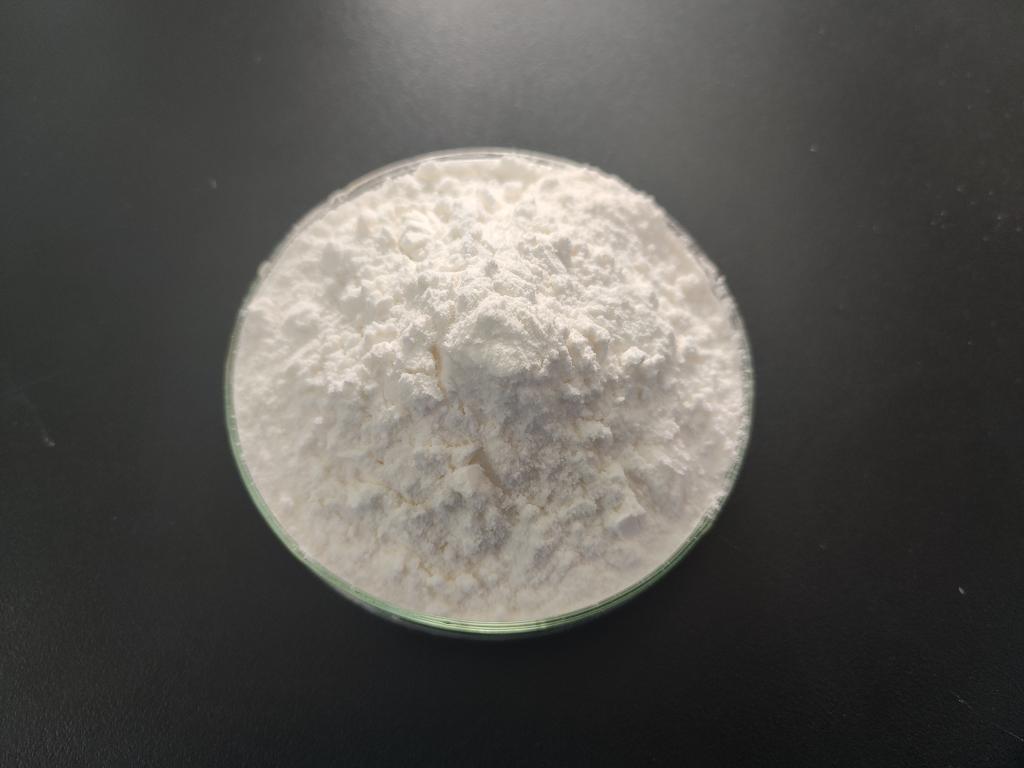Tel:+8618231198596

News
 CONTACT
CONTACT
 CONTACT
CONTACT
- Linkman:Linda Yao
- Tel: +8618231198596
- Email:linda.yao@dcpharma.cn
- Linkman:CHARLES.WANG
- Department:Overseas
- Tel: 0086 0311-85537378 0086 0311-85539701
News
Current Position:
Home >
News
>ε-Polylysine Hydrochloride Contributions to Alleviating Food Fraud and Adulteration.
ε-Polylysine Hydrochloride Contributions to Alleviating Food Fraud and Adulteration.
TIME:2023-11-10
I. The Global Challenge of Food Fraud
Defining Food Fraud
Food fraud encompasses a wide range of dishonest practices involving the misrepresentation of food products. This can include adulteration, substitution, counterfeiting, and mislabeling, often with the aim of economic gain.
Types of Food Fraud
Food fraud can manifest in various forms, such as dilution of products with inferior ingredients, mislabeling to deceive consumers, or the addition of unauthorized additives or contaminants.
Health and Economic Implications
Food fraud can have serious health consequences, as it may lead to the consumption of harmful substances. It also has significant economic repercussions, eroding consumer trust and causing economic losses for both producers and consumers.
II. ε-Polylysine Hydrochloride: An Overview
Introduction to ε-Polylysine
ε-Polylysine is a naturally occurring antimicrobial peptide derived from certain strains of Streptomyces albulus. It has a long history of safe use in the food industry as a preservative and antimicrobial agent.
Mechanism of Action
ε-Polylysine hydrochloride exhibits its antimicrobial properties by disrupting the cell membranes of microorganisms. Its mechanism of action is effective against bacteria, fungi, and some viruses.
Safety Profile
One of the key advantages of ε-polylysine is its excellent safety profile. It is considered safe for human consumption, with no observed toxic effects, and it is non-allergenic.
Biodegradability
ε-Polylysine is biodegradable, meaning it can break down into non-harmful compounds, reducing its environmental impact and supporting sustainability in the food industry.
III. The Role of ε-Polylysine Hydrochloride in Food Authenticity
Preventing Adulteration
The use of ε-polylysine hydrochloride can serve as a preventive measure against adulteration and misrepresentation of food products. By inhibiting the growth of microorganisms and pathogens, it can help maintain the integrity of food.
Enhancing Product Safety
ε-Polylysine hydrochloride contributes to food safety by inhibiting the growth of spoilage microorganisms and pathogens, reducing the risk of contamination and ensuring that products meet safety standards.
Supporting Label Accuracy
In cases of food fraud involving product substitution or mislabeling, the presence of ε-polylysine can help maintain the authenticity of the product by preventing the growth of undesired microorganisms that could reveal the fraud.
IV. Applications of ε-Polylysine Hydrochloride in Food Authenticity
Dairy Products
Dairy products are susceptible to various forms of fraud, such as milk adulteration with water or substitution with lower-quality ingredients. The addition of ε-polylysine hydrochloride can help prevent spoilage and maintain the authenticity of these products.
Meat and Seafood
Adulteration and mislabeling are common issues in the meat and seafood industry. ε-Polylysine hydrochloride can inhibit the growth of bacteria that may lead to spoilage, preserving the authenticity and safety of these products.
Beverages
The authenticity of beverages, including fruit juices and wine, can be compromised through dilution or addition of unauthorized ingredients. The use of ε-polylysine can help prevent microbial spoilage, maintaining the quality and authenticity of the products.
Bakery and Confectionery
Bakery and confectionery products are often targets of adulteration, such as the substitution of expensive ingredients with cheaper alternatives. ε-Polylysine hydrochloride can help preserve the quality and authenticity of these products by inhibiting spoilage microorganisms.
V. Case Studies and Success Stories
Olive Oil Authenticity
The olive oil industry has long faced issues of adulteration and mislabeling. By using ε-polylysine hydrochloride to inhibit the growth of undesired microorganisms, producers can help maintain the authenticity and quality of their products.
Honey Purity
Honey is often subject to adulteration through the addition of sugar or other sweeteners. ε-Polylysine hydrochloride can help prevent spoilage and fermentation in honey, ensuring its purity and authenticity.
VI. Regulatory Considerations and Safety
Regulatory Approvals
In various countries, ε-polylysine hydrochloride has received regulatory approval for use as a food preservative and antimicrobial agent. Regulatory agencies assess its safety and efficacy before allowing its use.
Non-Toxicity
Extensive toxicological studies have demonstrated the safety of ε-polylysine hydrochloride. It is well-tolerated by humans and animals, with no observed toxic effects even at higher doses.
Residue Concerns
Unlike some food additives and preservatives, ε-polylysine hydrochloride does not leave significant residues in food products, addressing concerns about human exposure to residues and potential adverse effects.
VII. Future Prospects and Challenges
Global Adoption
The global adoption of ε-polylysine hydrochloride as a tool to prevent food fraud and adulteration requires raising awareness and overcoming affordability and accessibility challenges.
Research and Innovation
Continued research and innovation in the application of ε-polylysine hydrochloride to address specific food fraud challenges are essential for its successful implementation.
Environmental Impact
Consideration of the environmental impact of ε-polylysine production and usage is crucial for ensuring sustainability and reducing its footprint.
Regulatory Harmonization
Harmonization of regulatory standards across regions will facilitate the global trade of authentic and safe food products protected by ε-polylysine hydrochloride.
VIII. Conclusion
Food fraud and adulteration remain significant challenges in the food industry, affecting not only consumer trust but also public health and economic stability. ε-Polylysine hydrochloride, a naturally occurring antimicrobial agent, offers a viable solution to prevent and address these issues. Its safety profile, effectiveness, and non-toxicity make it a promising tool to enhance food authenticity and protect consumers from fraudulent and adulterated products. With continued research, innovation, and regulatory support, ε-polylysine hydrochloride can play a pivotal role in ensuring a safer and more transparent global food supply chain.
- Tel:+8618231198596
- Whatsapp:18231198596
- Chat With Skype







